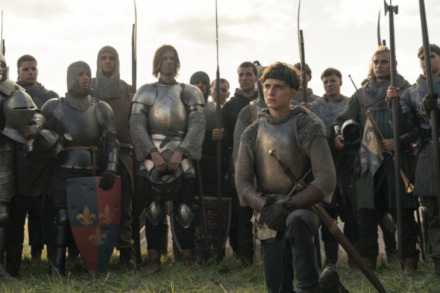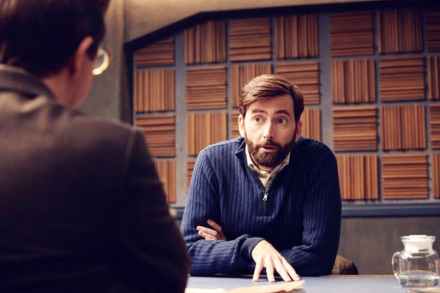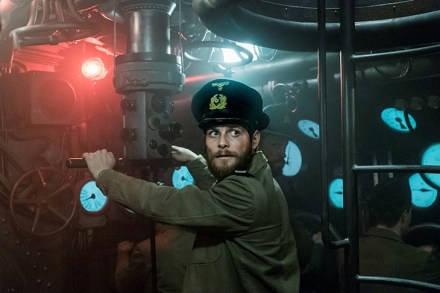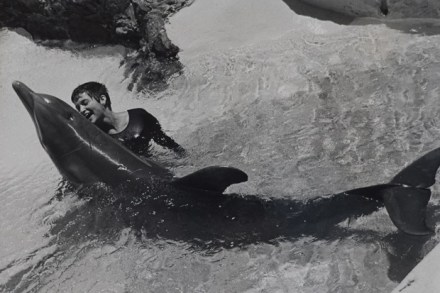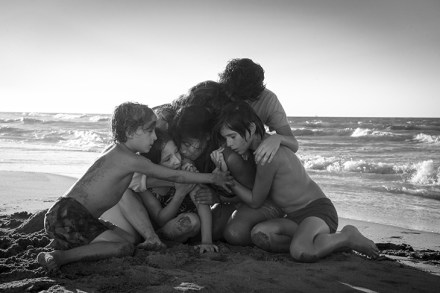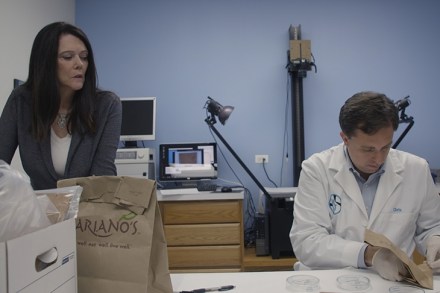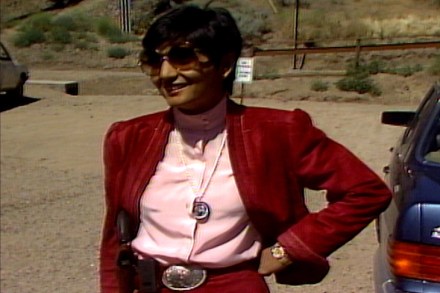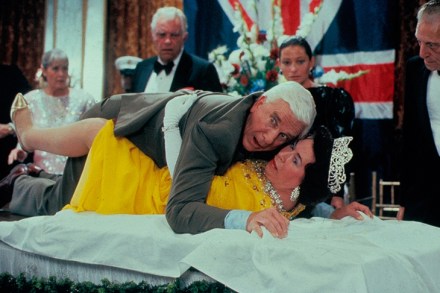Netflix’s ‘The King’ isn’t ‘Francophobic’
I enjoyed watching the new Netflix epic, The King, which celebrated the brief life of Henry V. And it wasn’t just because of Robert Pattinson’s ‘Allo ‘Allo French accent in portraying the Dauphin. What gave me the most pleasure as I watched the French cavalry fall beneath a blizzard of arrows at Agincourt was the knowledge that the film has infuriated the French. One of their television channels has accused Henry V of being a ‘war criminal’, while Christophe Gilliot, director of the Agincourt battlefield museum, decried the film as perpetuating the myth started by Shakespeare that Henry was a gallant chap when in fact the opposite was true. ‘The
